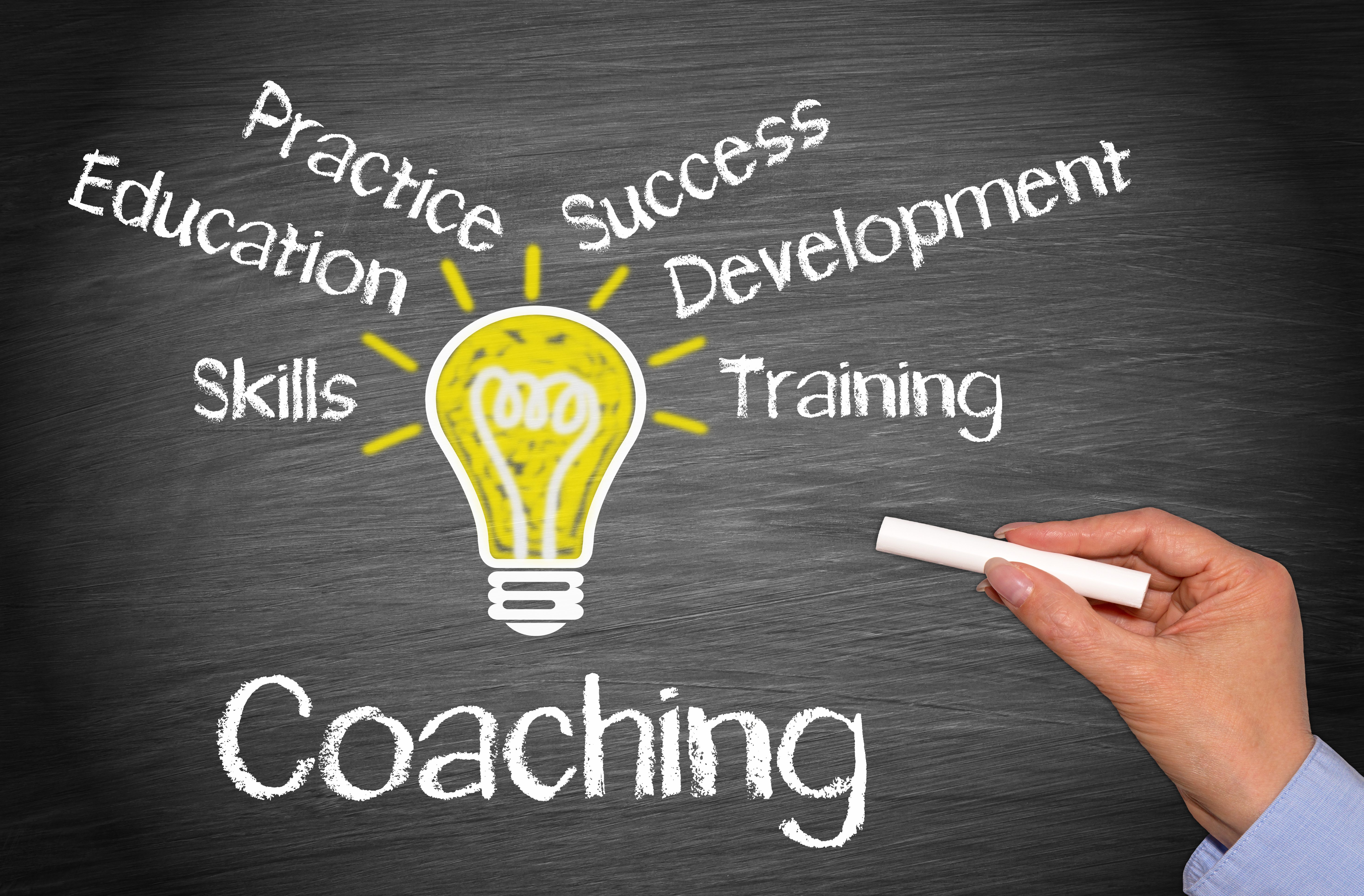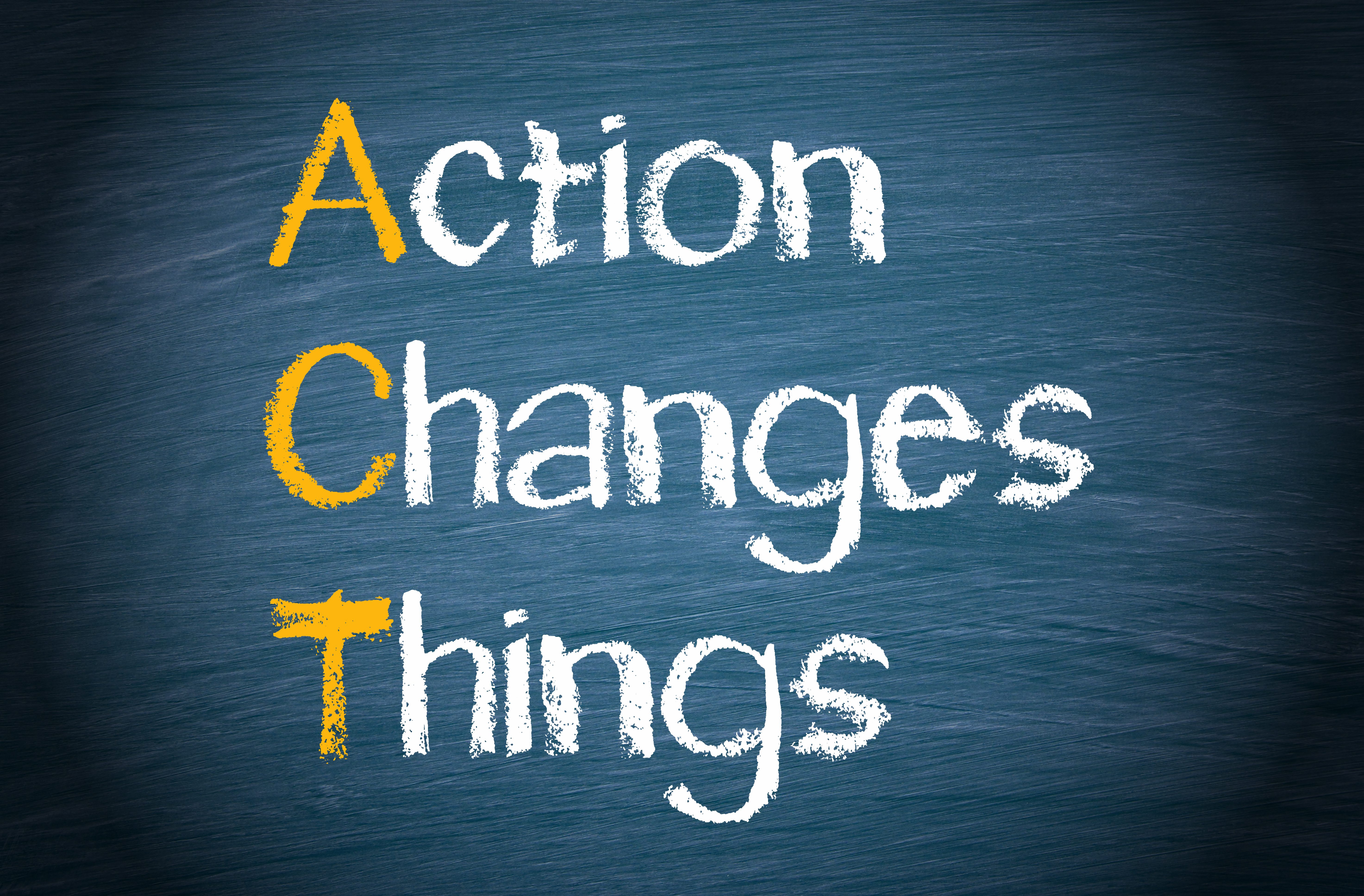
A good coach or a mentor can make all the difference in how fast you reach your goals. It can even make the difference in if you achieve your goals or not.
I talk a lot about accountability groups and partners. A coach or mentor is different. a coach or mentor is someone that may have a little bit (or a whole lot) more experience than you in something. for the purpose of this post I will use the term coach to mean both a coach and mentor. I know a mentor is a little different technically speaking but I will use the terms interchangeably here 🙂
A coach will listen to what your goals are and challenge you to think of the BIG goal and all the reasons why you want to achieve it. They will also ask you what you are willing to do to get to where you want to be. Some times you will spend a lot of time in this phase. The best way to get the most from your coach is to BE HONEST and spend the time to really dig deep into what is driving you. Let them know all about your motivation, what you will feel like when you hit your goal and what it will mean for you, your family, friends, business. job whatever it impacts!
DO NOT short change this part and be willing to open up to your coach. A good coach is there to help you and the focus is on you. Take advantage of that. Your coach will sometimes want your success even more than you do. (if you feel beat down or held back by your coach, it is time to research and find a new coach)
After posting this in raw form, I realized I should have started with the last point, feel free to scroll on over to the bottom if you want that first!
What are Your Goals?
Think beyond the surface for your goals when discussing them with your coach. For example, if your goals is to make some extra income, do not just stop at I want to make an extra $1,000 per week. Tell your coach what that $ 1,000 per week will get you. Talk about how it will make you feel. What will it give you, your family etc. This part is CRITICAL so your coach knows how to help you and motivate you when you need it. They can help you paint the picture so you are guaranteed not to give up or try new things to achieve your success.
1,000 per week will get you. Talk about how it will make you feel. What will it give you, your family etc. This part is CRITICAL so your coach knows how to help you and motivate you when you need it. They can help you paint the picture so you are guaranteed not to give up or try new things to achieve your success.
If it is weight loss, do not just say you want to lose weight. Talk to your fitness coach about why, what it feels like now and what you want it to feel like after. This helps your fitness coach set up a plan to let you get that feeling while you are on your journey.
Let your coach help you break your goals down into smaller steps that you want to achieve and set some timelines to it. The small timebound goals help you with motivation and let you see that you can accomplish the larger goal. it also helps you redirect your actions if you are not hitting your goals so you are not wasting time. Your coach can help you explore options if what you thought would work does not.
Take Action!
You have got to be willing to take the actions suggested by your coach. Discuss the actions you will take between your coaching conversations and touch-points. Even if you speak to your coach daily, you both should be in agreement on what you will be doing the 24 hours between check-ins. This is perhaps the most critical. If you are not doing what you committed to, your coach will not be able to help you adjust. You should be comfortable with your coach to be able to tell them what you are not willing to do. Do not just commit to things because your coach suggested it. If you feel like you can’t or won’t do it, challenge your coach to help you figure out another way. A good coach will give you options. Yes, you may have to sacrifice time or the end result but that is part of the coaching discussion. I want to share a story with you to help illustrate what a coach can do. I will keep it as short as I can but not being very specific. If you’d rather skip ahead to the next point with out the story just scroll past 🙂
to, your coach will not be able to help you adjust. You should be comfortable with your coach to be able to tell them what you are not willing to do. Do not just commit to things because your coach suggested it. If you feel like you can’t or won’t do it, challenge your coach to help you figure out another way. A good coach will give you options. Yes, you may have to sacrifice time or the end result but that is part of the coaching discussion. I want to share a story with you to help illustrate what a coach can do. I will keep it as short as I can but not being very specific. If you’d rather skip ahead to the next point with out the story just scroll past 🙂
I remember one of my clients had a financial goal that I was helping them with. Because we trusted each other and built the relationship up front, I knew what the monthly dollar goal was. I knew what he wanted it for and how it would help. We talked about what he was willing to do to achieve it and the timeline he wanted to hit it by. We explored the options with both his current day job and the business he was building on the side. I understood the business well and could give some options and put time, effort and realistic results from the efforts. Together we discussed that some of the items that would drive the results he needed would not match his current time available. He traveled on business (for his day job) a lot and that put stress on his family time. We carved out the Job and Family time first and that determined the time commitment for action. It turned out he did not have the time to spend doing both live fitness gatherings (his side business was in fitness) and building the network element to his business. I knew the networking side would give the most long term financial benefit so we attacked that. We leveraged both his and our networks time and that became the plan.
We ended up having to adjust the time element to his goals because he was not willing to do all the things needed to hit the amount in the time he wanted and keep everything else in tact. I used my expertise to help not just bring the money in but to help find ways to budget better to place some additional money in savings. Those became more actions. We did get to his end goal for the month by combining the actions for bringing money in, and monitoring the savings portion to not let as much out.
The point of the loner story here is a coach should not just say, “Well, if your not willing to do what I say, I can’t help you” the other point is be open to other options and be willing to take the actions you commit to. If my client would have just agreed to everything up front and just left parts out and not taken the actions, we would not have been able to reach the goals and both of us would be frustrated!
loner story here is a coach should not just say, “Well, if your not willing to do what I say, I can’t help you” the other point is be open to other options and be willing to take the actions you commit to. If my client would have just agreed to everything up front and just left parts out and not taken the actions, we would not have been able to reach the goals and both of us would be frustrated!
Stay in Contact!
Even if you do not hit your goals or take all the actions your coach and you agreed upon, keep your next appointment and still check-in! One of the most disappointing things as a coach I face is people that disappear. A good coach will apply some accountability (we know what to do based on the conversations we had up front about you and what is important to you) If things do not go well for you or life got in the way of you taking action, still contact your coach. let them know what happened and they can help you through. Do not just fade away.
don’t get me wrong, part of accountability is to not give or accept excuses. Your coach will challenge you and may eventually give longer periods between interactions for you to implement and take action. In some cases I have had to give an extended break but we always had a return session scheduled to re-calibrate and set new targets, what they are willing to do and why they want the results.
session scheduled to re-calibrate and set new targets, what they are willing to do and why they want the results.
Bottom line is do not fall out of touch because you are losing motivation or you are afraid of letting your coach down. stay in there and let them help you. Especially if you have a paid mentor or coach. Keep EVERY appointment and do the best you possibly can with all assignments. If you had “Homework” or Actions to take between your formal coaching conversations, DO IT or at least do as much as you could. Be prepared to talk about what you did and what you did not. Your coach can help you get back on track. Skipping or dodging the appointment will set you back even more. Story time again! ->
When I was learning Real Estate Investing for the 1st time, I hired a coach. I has a weekly call with them to review what I learned and what actions I took. At the time I was a paid corporate trainer so I traveled 4 days per week with work and trained for 8 – 10 hours per day. I for sure wanted to use time as my crutch. I NEVER Missed an appointment with my coach. Some appointments went well but some were spent talking about what I did not finish and we discussed how it would impact my goals. I remember taking my coaching calls late int he evening from my hotel room and while I felt like I did not do well the week before, after the call (half way in, actually) I felt motivated again and I knew I did not need to throw away the previous weeks work. I just needed to double time it the next week to get what I needed accomplished. My coach knew my schedule and was able to help me with automated systems and the ways to leverage investment realtors and finance companies to get what I needed done. If I missed appointments with my coach I not only would have lost money but also lost time and could have given up on my goals and the experience of investing in single family homes.
ASK QUESTIONS!
Your coach is looking forward to and counting on you asking questions! Questions tell us as coaches, how you are taking action. They also tell us what is important to you. a good coach is listening to not only the questions itself but what types of questions you are asking. A great thing to do is to write all your questions down as you think of them. Save them for when you have a call or meeting with your  coach. Respect their time and your ability to act on things by not asking things one at a time unless that is what you agreed upon at the start.
coach. Respect their time and your ability to act on things by not asking things one at a time unless that is what you agreed upon at the start.
The best coaching conversations I have had are when we have a list of things to review. Set yourself up an agenda for every meeting with your coach. This will by far give you the best return form you coach. For example, maybe list out topics or know that with every interaction you will cover, what worked well for you, what was a challenge, what did you learn and where are you to your goal. Then cover questions and discuss new actions based on where you are and where you want to be.
This simple formula can help you pull the most out of your coach or mentor. I probably should have started the (now way too long) post with this. If you stay organized and treat your relationship with your coach professionally, you will gain so much. Your coach will love it too because you will be achieving your goals and raving about how well you are doing.
Asking questions tells your coach you are taking action. A good coach will know by how you ask questions and how specific you are with them how much work you are doing toward your goals. They will be able to offer suggestions and additional actions to fit your needs and your commitment level.
Re-calibrate:
There will be times where you need to adjust or maybe set new goals when you reach what you originally set out for. Be sure to go back to step one of expressing What the real goals is, why and what it will do for you each time you set a new plan. Visit your goals and why you want them constantly during the process. That is the magic to keeping you focused and motivated to do the work. When you do not feel like taking action or stretching the goal farther, revisit why you are doing it, how it will make you feel and how you can use your coach to p ush you to new levels.
ush you to new levels.
The purpose of a coach is to point things out to you to help you get better. They will stretch you to new levels and apply just the right amount of accountability and challenge to make you better.
If you have a coach already, it is not too late to establish the relationship with these points in mind. If you are looking for a coach for your business, fitness, parenting whatever, I hope these tips and stories help you have the best results possible!


